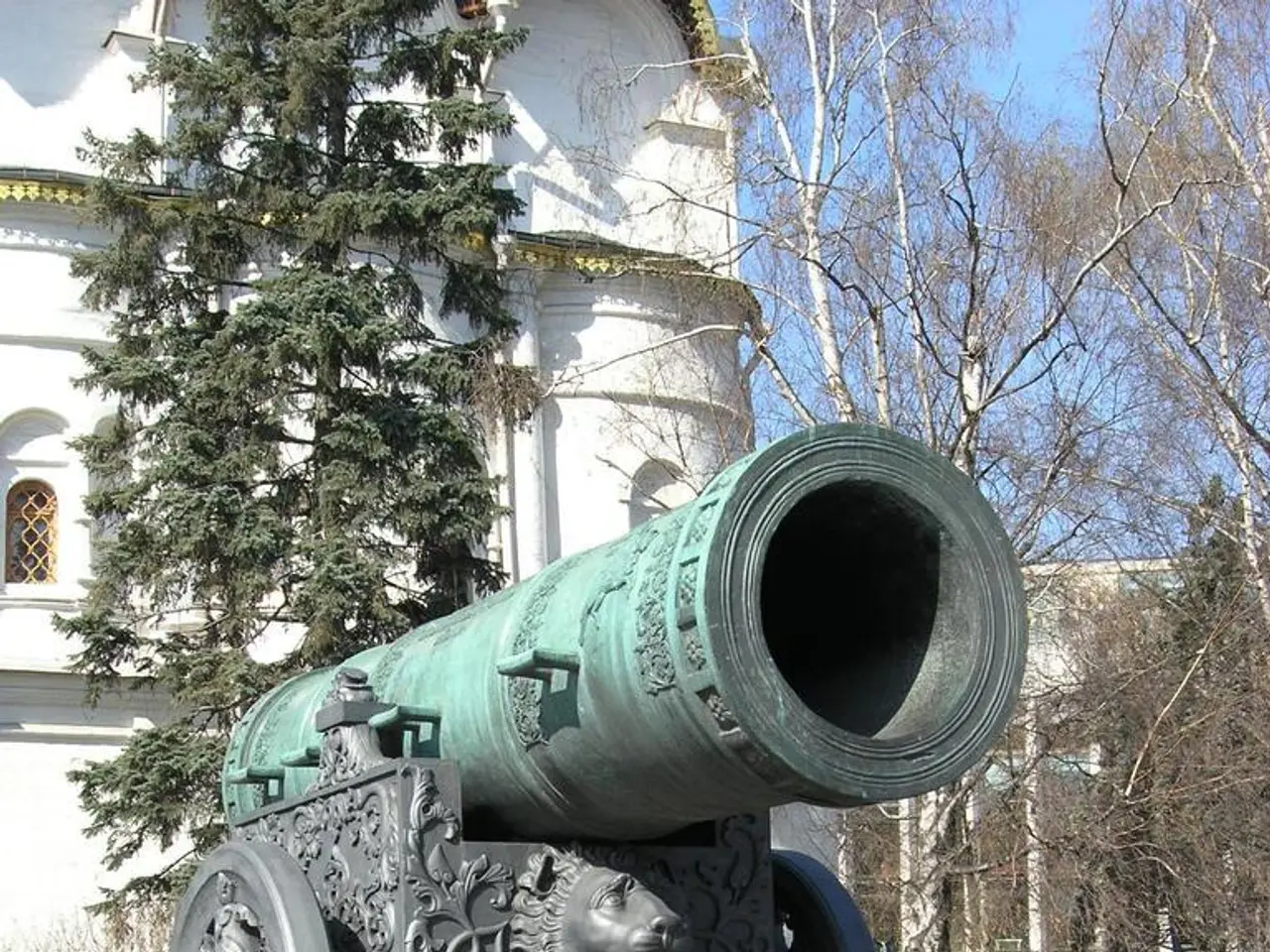Twenty-first century's September to exhibit the most peculiar character.
Unpredictable Autumn Weather Challenges Russians Amidst Climate Change
As the summer season draws to a close, residents across Russia are bracing for an unpredictable autumn, marked by sudden changes in temperature and increased weather anomalies. This shift is a direct result of global climate change, which has significantly altered Russia's weather patterns in recent years.
Preparation and Vigilance are Key
With the unpredictability of the weather, all citizens are advised to stay vigilant and prepared for sudden changes. It is crucial to monitor weather updates and plan activities accordingly, taking into account changes in temperature. This is particularly important for gardeners in Central regions, including Moscow, who should protect their crops from frost as early frosts are expected in Siberia as early as mid-September.
Coldest Start to Autumn in Many Years
In Yekaterinburg, the daytime temperature could drop to +6°C by September 7, significantly lower than last year's +12°C at the same time. This will mark the coldest start to autumn in many years in Yekaterinburg. Similar cooling is expected in the Primorsky region, where September is usually associated with summer warmth. The temperature in Moscow is expected to drop to +9°C by September 12.
Global Climate Change Impact
This year's autumn weather is a reflection of the broader trend where parts of Russia are warming approximately seven times faster than the global average, leading to dramatic impacts on agriculture and ecosystems. In 2024, Russia experienced record-breaking heat, with Moscow surpassing temperature records from 1917 and widespread heatwaves from Siberia to the European part of Russia.
The warming causes the fertile grain belt to shift northwards and exacerbates drought conditions in southern Russia, negatively impacting harvest yields. Overall, climate change is driving persistent anomalous atmospheric patterns which enhance hot and dry extremes in Central Europe and Russia, influencing the onset and severity of seasonal weather, including autumn.
Additional Observed Effects
Additional observed effects include more frequent wildfires, permafrost melting, increased flooding risks, and ecosystem disruption. The cumulative warming elevates average temperatures across all seasons—including autumn—while the variability of weather events intensifies, such as heatwaves followed by thunderstorms or hail, as seen in summer 2024 around Moscow.
A Test of Preparedness
Elena Kuznetsova, a specialist in meteorology and Doctor of Geographical Sciences, comments that the increasing frequency of sharp temperature fluctuations and anomalous weather phenomena is a direct result of global climate change. The autumn of 2024 is predicted to be a test of preparedness for changing weather conditions. After a hot August with temperatures reaching +30°C, a significant drop to record lows in the past 23 years is forecasted.
Although detailed weather data for the autumn of 2024 is scarce, climate trends suggest warmer-than-average conditions with altered precipitation patterns. The North-West of Russia will experience slightly higher temperatures, but significant warming is not expected. The Ural region is expected to be most affected by this cooling. The summer of 2024 in Russia is expected to end with an unusually sharp cooling off in early September.
In summary, global climate change in Russia leads to hotter, drier, and more erratic weather patterns, with 2024 exemplifying unprecedented warmth and stress on ecosystems and agriculture. These trends are likely to continue into the autumn and beyond.
- As global climate change persistently alters weather patterns in Russia, it is essential for citizens to stay vigilant and prepared for unexpected weather changes, especially during autumn, when sudden temperature drops and weather anomalies are more common.
- The changing climate trends indicate warmer-than-average conditions with altered precipitation patterns for the upcoming autumn, which is predicted to be a test of societal preparedness for weather conditions that are becoming more uncertain and erratic due to global warming.








